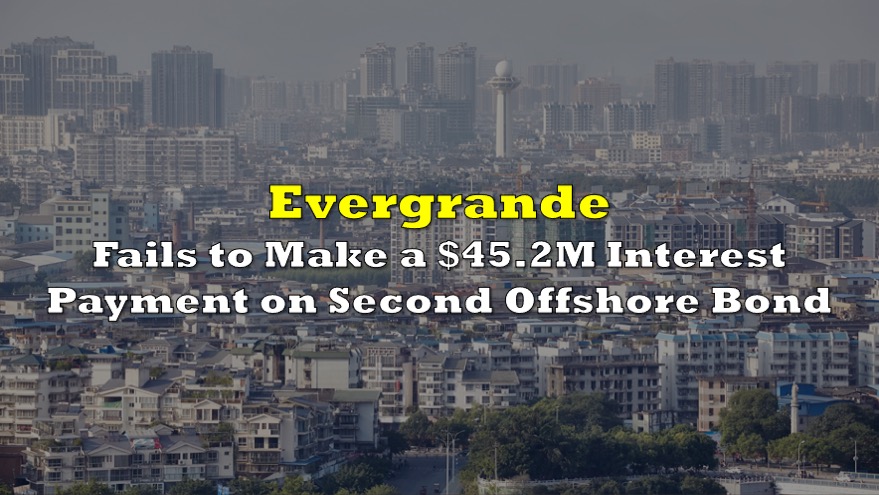In response to the recent slump in the Chinese stock market, authorities in China are reportedly considering a comprehensive rescue package totaling $278 billion, according to insider sources. The move follows previous attempts to restore investor confidence, which fell short, prompting Premier Li Qiang to advocate for “forceful” measures.
The proposed package involves mobilizing approximately 2 trillion yuan ($278 billion), primarily sourced from offshore accounts of Chinese state-owned enterprises (SOEs). This substantial sum is intended to establish a stabilization fund, aimed at purchasing shares onshore through the Hong Kong exchange link.
#BREAKING
— CN Wire (@Sino_Market) January 23, 2024
CHINA MULLS STOCK MARKET RESCUE PACKAGE BACKED BY $278 BILLION.-Bloomberg
The onshore yuan strengthened by 30 pips by the news.#China $USDCNH #Forex pic.twitter.com/HMP5c2tv2M
Additionally, at least 300 billion yuan of local funds are earmarked for investment in onshore shares through entities like China Securities Finance Corp. or Central Huijin Investment Ltd.
Chinese officials, however, are not ruling out alternative options and may announce additional measures as early as this week, pending approval from top leadership. The urgency surrounding these deliberations underscores the gravity of the situation, as the benchmark CSI 300 Index hit a five-year low this week, contributing to a sense of unease among retail investors.

The proposed measures seek to address concerns stemming from a protracted property downturn, subdued consumer sentiment, declining foreign investment, and wavering confidence among local businesses due to years of volatile policymaking. Despite the potential market impact, authorities remain cautious about implementing major economic stimuli, reminiscent of the 2015 efforts that proved insufficient or even counterproductive.
At a recent State Council meeting chaired by Premier Li, officials received a briefing on the capital markets’ operations and related considerations, although specific details remain undisclosed. The news has already had a positive effect, with Chinese stocks listed in Hong Kong experiencing a 3.8% surge, the most significant since November 15.
Li Weiqing, a fund manager at JH Investment Management Co., expressed optimism, stating, “This is a massive boost to confidence.” However, analysts remain cautious, with Marvin Chen, a strategist at Bloomberg Intelligence, noting that while the proposed support package could stabilize markets in the short term, sustained gains might require further measures.
The stock market downturn has wiped out over $6 trillion from the market value of Chinese and Hong Kong stocks since its peak in 2021. China’s piecemeal efforts in recent months to boost market sentiment have been met with skepticism, prompting calls for more forceful stimulus.
Critics, including financial commentator ZeroHedge, remain skeptical until concrete actions are taken, asserting, “All is BS until China actually DOES something instead of just talking.” The sentiment suggests a prevailing doubt regarding the effectiveness of verbal interventions, emphasizing the need for tangible and impactful measures.
Shorting ban failed, PPT intervention failed, now "people familiar" say China is mulling super duper rescue package.
— zerohedge (@zerohedge) January 23, 2024
All is BS until China actually DOES something instead of just talking… and it will end up being a multi trillion fiscal stimmy cause there is just no demand https://t.co/AYYQDV5ssy
The situation also adds pressure to so-called snowball derivatives, structured products tied to specific market conditions. The CSI Smallcap 500 Index, a pricing reference for such products, experienced a 4.7% decline on Monday, potentially triggering widespread losses on these derivatives.
As China grapples with economic challenges, including President Xi Jinping’s increased control over private enterprises, the international business community is also adjusting its plans. International banks, initially planning significant expansions in the country, are now tempering their ambitions due to the evolving economic landscape.
Information for this briefing was found via the sources mentioned. The author has no securities or affiliations related to this organization. Not a recommendation to buy or sell. Always do additional research and consult a professional before purchasing a security. The author holds no licenses.









